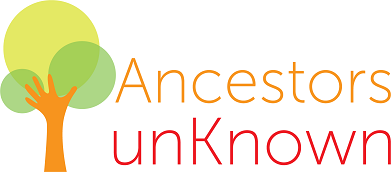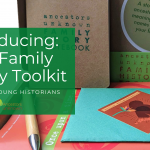5 Benefits to Doing Family History Research Together
Family history research can be a fun group activity that’s enjoyed by the entire family.
Family history research is often practiced by individuals who work alone. They might speak to family members and archivists to move their research forward, but when it comes to making new discoveries and answering the unanswered questions, family historians are often by themselves – or perhaps surrounded by strangers in the basement of an archive. And sure, this can be a fulfilling and exciting experience.
But family history research also can be a fun group activity, enjoyed by the entire family, including children, extended family members, as well as those who aren’t biologically related.
We know what you’re thinking – “how am I going to get my family to join me on this research adventure?”
Try filling them in on the benefits of doing this work together.
1. Increase sense of identity
For many of us, we start family history research because we don’t know much (or anything) about our ancestors or where we come from. This can cause people to feel disconnected from their culture or heritage. Yet, when your family members come together to acknowledge this challenge, and then help each other to answer these questions, everyone can increase their sense of identity, self-confidence, and pride in your family’s history.

2. Create (or strengthen) family bonds
Family history research can be like assembling a puzzle. In order to identify the pieces of that puzzle, you must ask family members lots of questions – about their lives, what they remember about the past, and the questions they have about your family’s story. The cross-generational conversations create a special opportunity to spend time together and learn about each other.
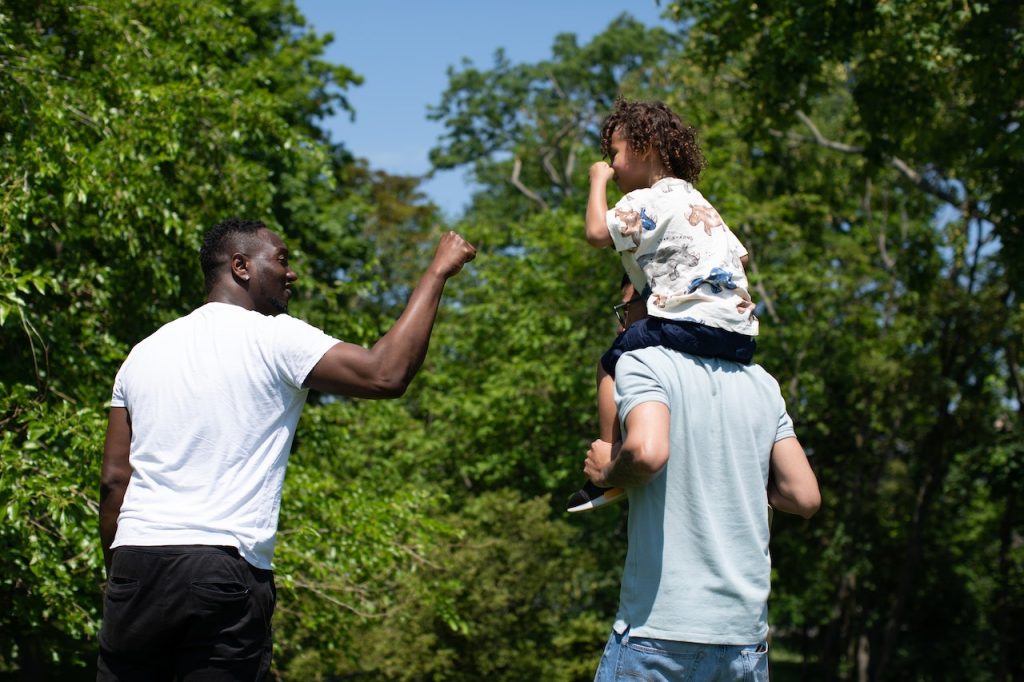
While you’re learning about each other, you’ll start putting together the big picture of your family’s story. This history will include plenty of ups and downs throughout the past, with your ancestors facing both challenges and triumphs. By processing these details together, you’ll see each other as a source of support and understanding, fostering a sense of shared identity and belonging.
3. Understand and pass on the family traditions
Family history research can help family members discover and share aspects of your family’s cultural heritage. If family members have come from different parts of the world, conversations about this diverse heritage can reveal various cultural practices, stories, and traditions. While discussing your family’s traditions that have been practiced over time and in different places, family researchers across generations can explore which practices are still a fit for your family.
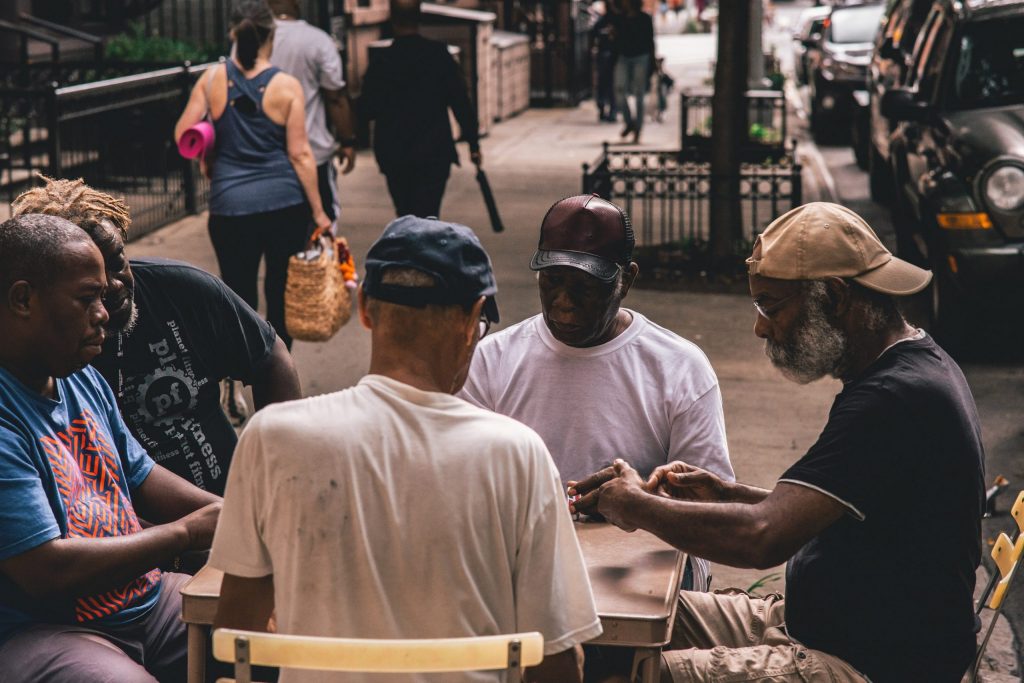
Whether you’re reinstating old traditions, or better understanding the traditions you already practice, this can be a valuable learning experience for both children and adults.
4. Polish thinking and communication skills
A family that researches together gets smarter together.
Family history research requires researchers to gather information from a variety of sources, evaluate that information, and draw conclusions. When family members work together on this process, you’ll challenge each other to test and develop your critical thinking skills.
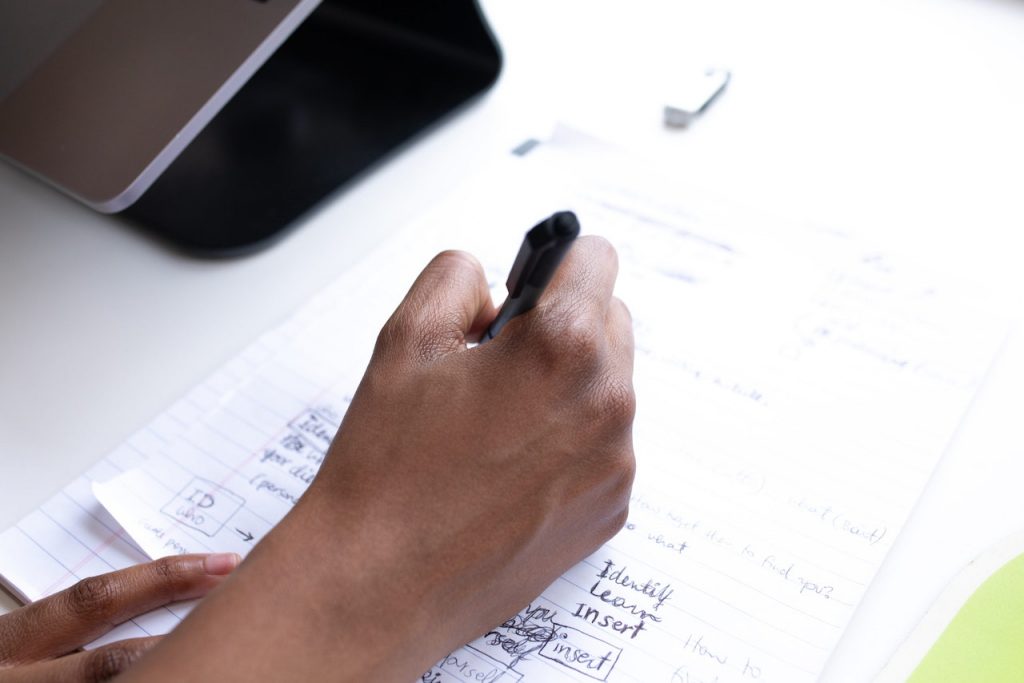
Also, family research requires multiple types of communication, from asking questions and writing letters, to creatively developing the family’s story. With practice and support for each other, family members will better understand how to communicate effectively. This will be especially beneficial for the younger members of your family.
5. Just have a good time
Not everything has to be about learning and improving. Sometimes, you just want to get together for storytelling, connecting, and a laugh.
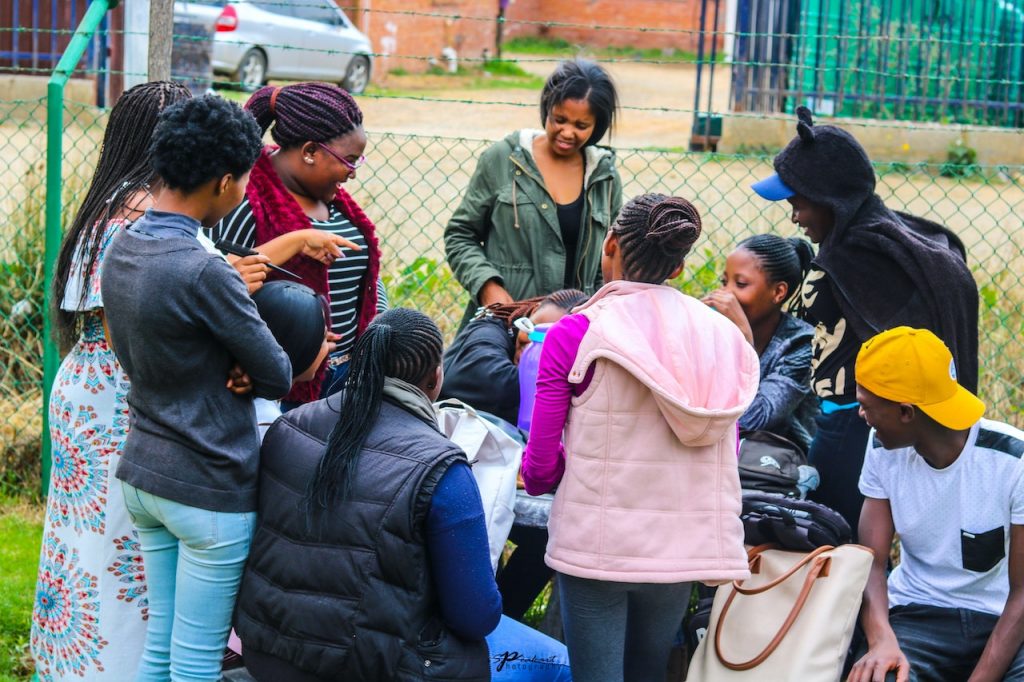
So, go ahead, invite your family members together for a researching good time. Whether you’re in person or online, you can work together to discover more about yourselves, each other, and your ancestors.
Want More Guidance?
Ancestors unKnown is here to help you and your family members research your family’s history.
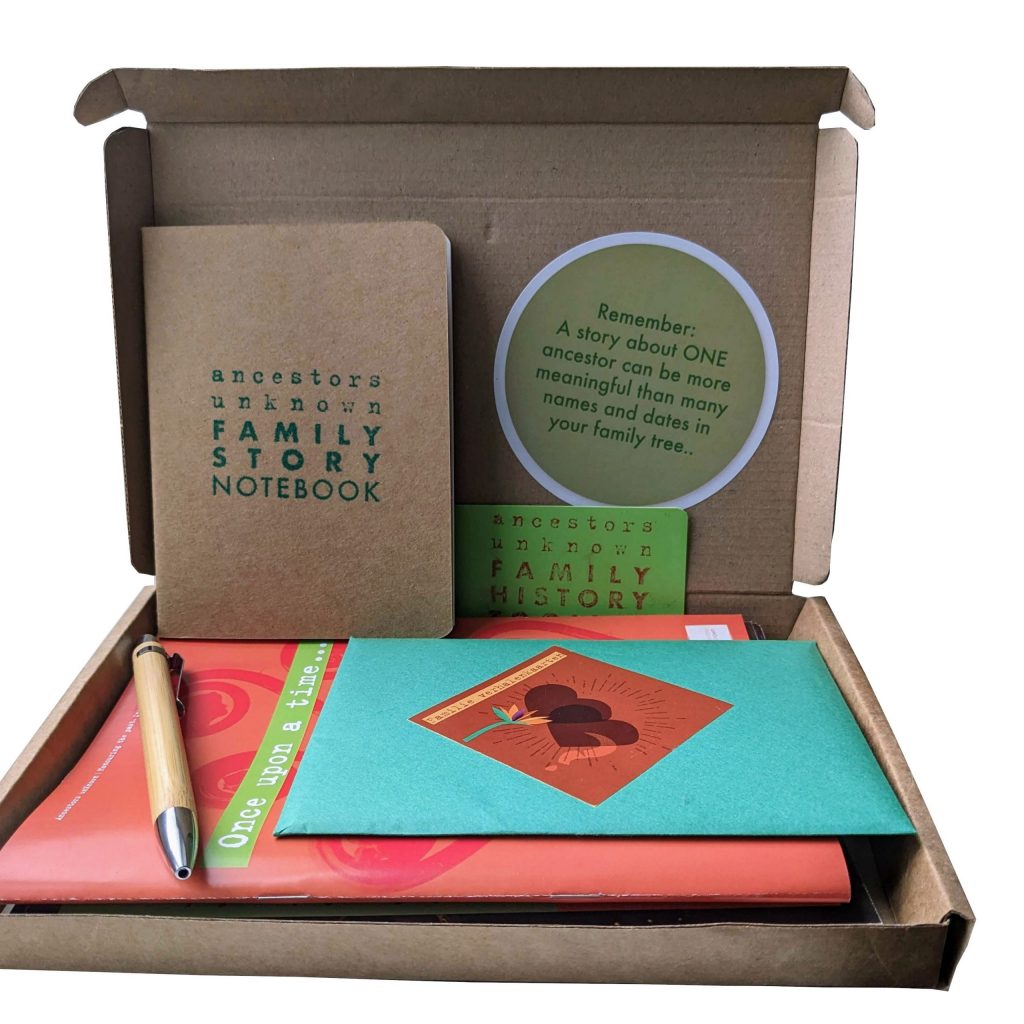
Check out our Family History Toolkit (available in English and Dutch) to guide you through the process – and place your younger family members in the drivers’ seat.
From creating cookbooks and family history music playlists to planning oral history interviews and digging into newspaper archives, we’ll help your family launch and further your research – and plan your next celebration!
And don’t forget to tell us about your results! Leave a comment or tag us on social media with #ancestorsunknown to keep the conversations going.
